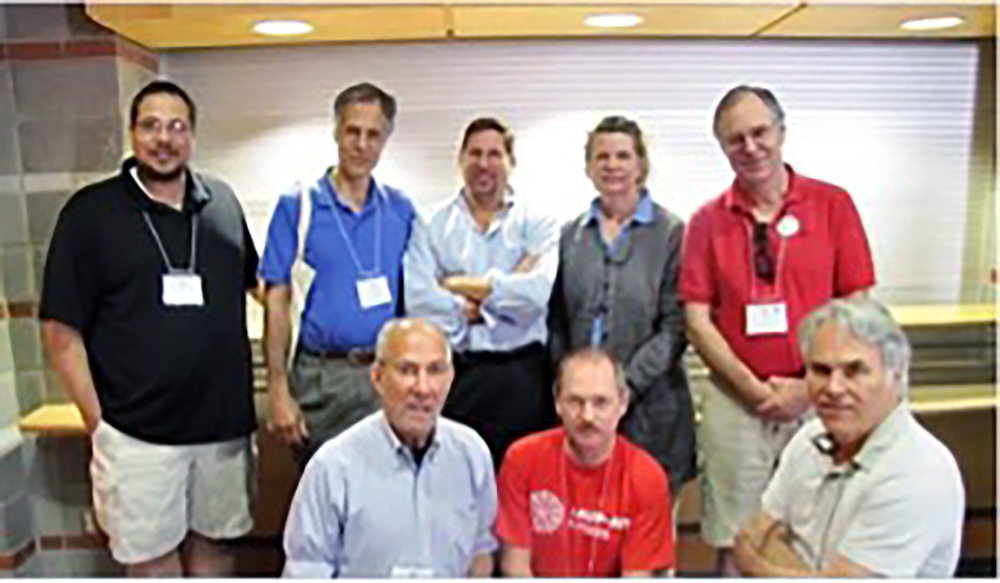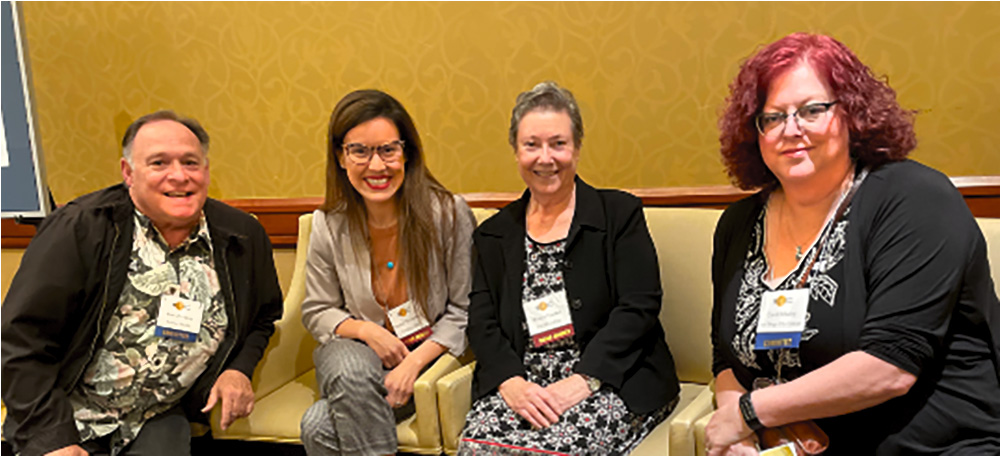
The newly formed Campaign for Faculty Equality (CFE) seeks to correct the broken faculty system in California’s community colleges, particularly the incredibly unequal two-tier faculty structure, a decades-long problem consigned to the shadows of academia. This broken system causes broken hearts and lives for second-tier contingent faculty members. Occasional rhetoric has produced an illusion of progress toward equity yet enabled the reproduction of structural inequality, and its consequences persist. Like CPFA, CFE’s quest is a single-tier faculty structure.
Unlike past efforts such as the New Faculty Majority (NFM) in 2009 or Higher Ed Faculty United (HELU) in 2021, CFE in 2023 has a clear goal for a one-tier system based on the existing reality of Vancouver Community College, referred to as the “Vancouver Model.”
The Vancouver Model was introduced to the US in a 2002 Chronicle of Higher Education feature, “Part-Time Instructors Deserve Equal Pay for Equal Work.” It became more widely recognized after the 2010 conference of the Coalition of Contingent Faculty Labor (COCAL) in Quebec, with the “Program for Change,” a strategic plan laying out how to move the exploitive two-tier system toward equality in the Vancouver Model.
Over the next decade, interest in the Vancouver Model gained momentum across California. It was frequently mentioned in the CPFA Journal over the last ten years and has been a keynote topic at CPFA conferences (2018 and 2020) and the San Diego Adjunct Faculty Association (2021). In 2022, the California Federation of Teachers passed a resolution and convened a task force “to develop a strategy to end the two-tier system.”
In fall 2022, The Faculty Association of California Community Colleges (FACCC) Part-Time Faculty Committee held a Part-Time Symposium where 200-plus attendees focused on finding solutions to our PT issues. The best solution was in the “The One-Tier Model” presented by Jack Longmate and Frank Cosco, former union president of the Vancouver Community College. The success of this first event was due to the structure of the program and the broad task force created with PT reps and voices from each of the faculty organizations in the state. Thanks to the efforts of several FACCC members, the “One-Tier model” was also a significant topic of discussion at the FACCC Advocacy & Policy conference in March 2023. A One-Tier Model Symposium sponsored by FACCC for all faculty will be held via Zoom on Friday, Dec 8th from 1:00 p.m. to 4:00 p.m. 2023. The registration information for this Zoom-only event will be on the FACCC website. Significantly, the concept of a One-Tier System was approved by the FACCC Board of Governors. A FACCC task force is currently working on a detailed document to advance the One-Tier concept ultimately into legislative policy.
While the most authoritative information about the Vancouver Model is found in the VCC/VCCFA Collective Agreement, the critical workplace provisions of a one-tier system promoted by CFE for CA Community Colleges are:
- Equal Pay and Equal Work—Not “parity pay” for comparable duties;
- Single Multi-Step Salary Schedule—No discounted schedules for Part-Time faculty;
- Full-time faculty and Part-Time faculty hiring using the same process;
- Conversion from probationary to “regular status” with job security and seniority;
- Workload—No capped workloads under 100% full-time load;
- Equal/prorated benefits for all faculty;
- Evaluation Transparency;
- Equal/prorated professional duties including professional development days and PD Funds;
- Enforceable Academic Freedom Protections;
- Enforceable Duty of Fair Representation (DFR) as a one-tier faculty union.
Considering the dismal progress over the last four decades, we believe Einstein’s quotation is relevant: “We cannot solve our problems with the same thinking we used when we created them.” While legislators, the Chancellor’s office, trustees, college administrations, faculty unions, and even some part-time faculty—subscribe to the elitist assumption that full-time tenured and part-time non-tenured are so qualitatively different that equal treatment, such as equal pay and job security is impossible, meaningful progress will not occur. CFE and its allies believe in challenging that elitist and discriminatory assumption and replacing it with egalitarianism, believing all instructors should have access to a family-wage income with job security.

Establishing certain aspects of a one-tier system will require legislative appropriations, such as equal pay for all faculty. However, job security through ‘regularization’ and seniority needs no legislative appropriations. They require individuals who believe in fairness and equality and are willing to promote them.
Because “Faculty working conditions are student learning conditions,” nearly two million students are affected by this problem. If we fail to empower today’s part-timers, we risk losing many of our most experienced faculty as they are forced by economic necessity to leave academia and find employment where they will be well-paid, respected, and have a clear path to promotion.
Longtime part-time faculty activist Robert Yoshioka has commonly challenged us by asking, “How Much Longer Part-Timers?” Our answer is: “Now!” Now is the time to call for real change and to end the disrespect of part-time instructors that has become so ingrained in our system that it is considered a norm.
Written by Donna Frankel, Jack Longmate, David Milroy, Arnie Schoenberg, Margaret Hanzimanolis & Suji Venkataraman
